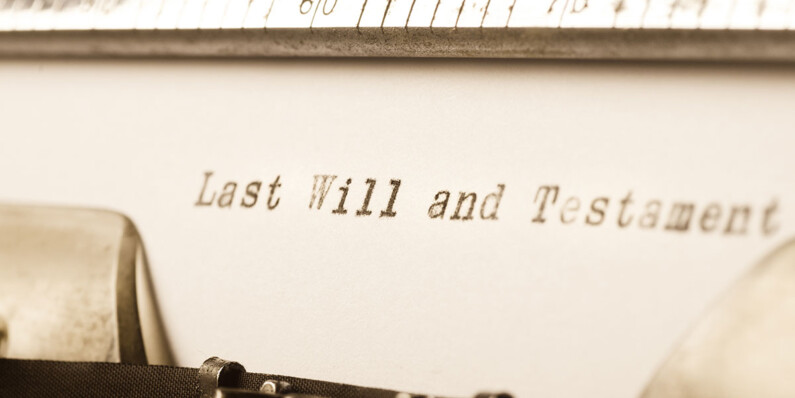Every adult – and especially those with children – should consider taking the time to write their will. Even if you’re young, healthy or don’t have much in terms of assets, the relatively small amount of time and money needed to write a will means that it’s probably worth doing.
Getting started
Before you decide how you want to go about creating your will, it’s worth thinking through some important financial decisions.
You’ll need to consider who you want to inherit any money and assets that you own, of course, but you should also think about whether there’s anybody you want to actively exclude from your will (perhaps an ex-partner), and who should be the executor. Make sure you get the agreement of your executor and consider talking through big financial decisions with those close to you.
For those with children under the age of 18, you will also need to decide who will become their guardian. Finally, consider what would happen if your main beneficiaries were to pass away before you – is there somebody else that you would want your estate to go to instead?
Deciding how to make your will
There are a few different options for creating a will, depending on how complicated your needs are and how much your willing to spend. It’s possible to do it yourself using a template – these can be bought online or from stationers’ shops and usually cost no more than £30.
Writing your own will is definitely the cheapest option, but because the laws surrounding inheritance can be quite complicated, it’s only recommended for those with very simple needs. If you’re married and want to leave everything to your spouse/children, for instance, then a DIY will should be up to the job.
Alternatively, you could use a will writing service or consult with a solicitor. A will writing service will be cheaper and can help you complete your will quite quickly, with minimal fuss. However, you won’t get the same level of expertise and attention that’s provided by a solicitor. That’s why a solicitor is recommended for the most complex cases:
- If you’re expecting to pay inheritance tax
- If you own property abroad
- If you run a business
- If you have a more complicated family and want to ensure that the right people receive inheritance.
What does my executor do?
An executor is somebody who you choose to ensure that your will is carried out correctly. They may need to make decisions such as when to sell your property alongside other responsibilities such as ensuring that all of the necessary taxes are paid.
You need to choose somebody who you trust – and it can be somebody who is named in your will. Typically people choose a partner, child or other close family member. You could also choose a legal professional such as an accountant or solicitor (although they are likely to charge for the service). Typically people are advised to name two executors.
What happens if I don’t leave a will?
When somebody dies without a valid will it’s known as ‘intestacy’, and there are a set of laws that determine what happens next. This will be determined based on what relatives you have: typically your spouse will take precedence, then any children and then other relatives such as grandchildren. If you die without any close relatives and without a valid will then your estate will pas to the Crown (the royal estate), or to the government.

